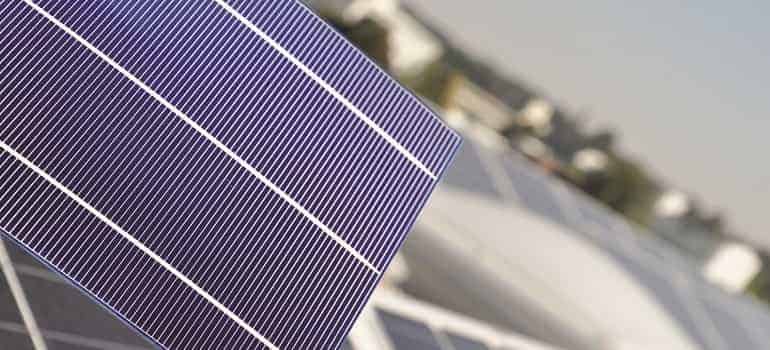New Manufacturers with a Cumulative Capacity of 343 MW Included in ALMM; China Excluded Once Again
Updates to the Approved List of Models and Manufacturers (ALMM) by the Ministry of New and Renewable Energy (MNRE) include the addition of five new manufacturers. According to Mercom India A total of 343 MW can be produced by these producers in modules. SAEL, with a 141 MW capacity, Rhine Solar, Spark Solar, Genus Innovation, with 22 MW, and Fujiyama Power Systems, with 95 MW, are the new entrants to the ALMM.
With the inclusion of these new entrants, the ALMM now comprises a total of 82 module manufacturers, boasting a listed module capacity of 19.19 GW. Notably, the updated ALMM still does not include any manufacturers from China.
The MNRE has enlisted only those models in the ALMM List-1 that exhibit a module efficiency equal to or greater than 19%. Manufacturers whose models’ validity expired on March 9, 2023, and did not apply for renewal have been delisted.
ALSO READ: Startups Drive Sustainable Circular Economy in Renewable Energy and EV Industries
In March of this year, the MNRE modified the ALMM guidelines to expand the qualification criteria for modules manufactured under agreements between original equipment manufacturers and brand owners. According to the revised guidelines, if an applicant has multiple manufacturing sites or sources finished products from other manufacturers under their brand name, all manufacturing sites, including the applicant’s own, must undergo inspection, unless exceptions apply.
Following the government’s decision to postpone the ALMM order for the fiscal year 2023–2024, these regulatory changes were put into effect. Consequently, the requirement to purchase modules listed under ALMM will not apply to solar projects that are commissioned before March 31, 2024.
In October of the previous year, the MNRE clarified that open access and net metering renewable energy projects, which had applied for approval before October 1, 2022, would not fall under the purview of the ALMM. Additionally, it stated that the ALMM mandate would not be applicable to behind-the-meter solar power projects utilized for captive consumption by an individual consumer or a group of consumers.
FOLLOW US ON


